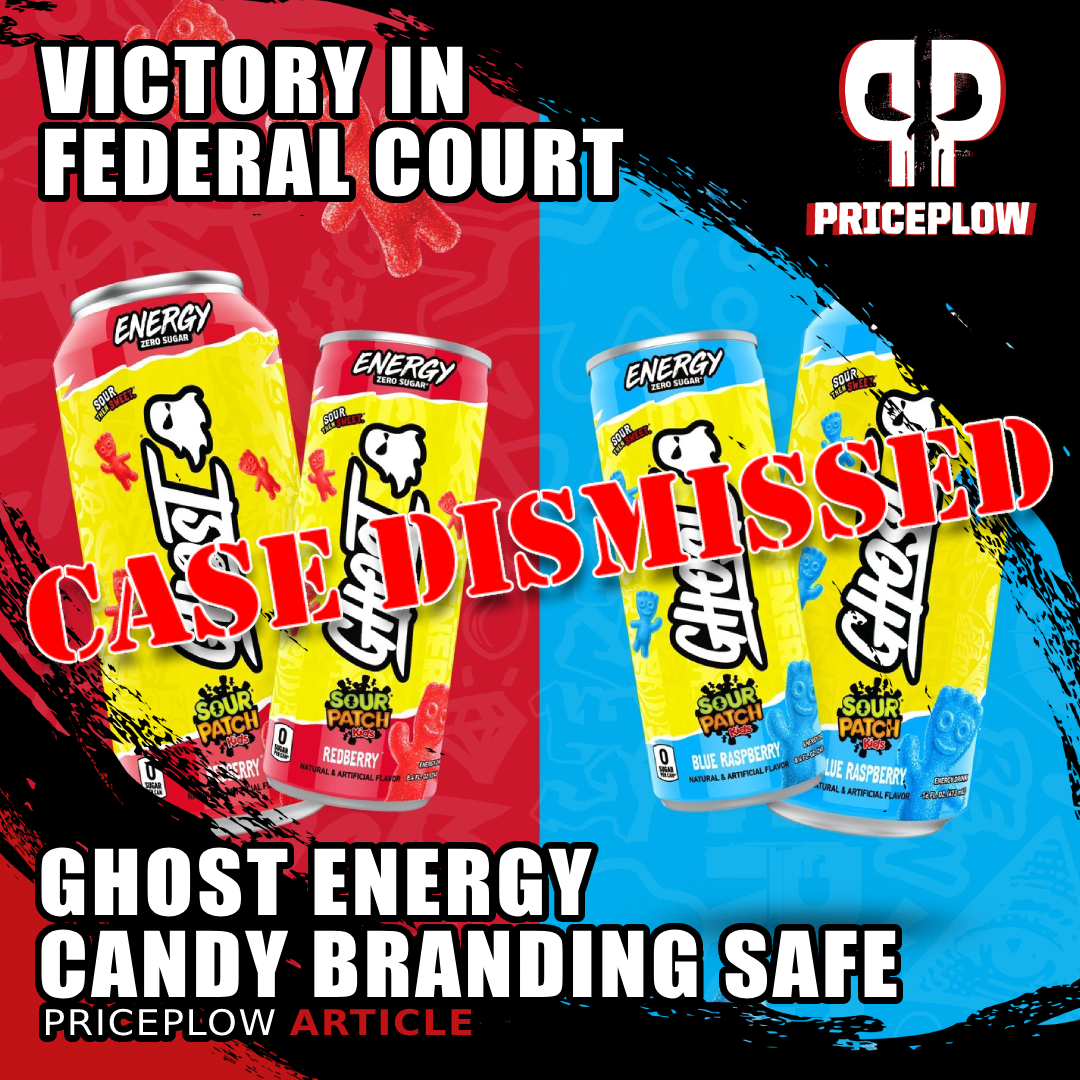
Court dismisses lawsuit against GHOST Energy for candy-themed branding. Judge rules no reasonable consumer would think Sour Patch Kids drinks are for children. Major industry win.
In a massive legal victory for GHOST, a federal judge has dismissed a class action lawsuit that claimed the company's energy drinks deceptively marketed products to children by using candy-themed branding.
The ruling represents a major win for the beverage industry and clarifies important principles about trademark licensing and consumer protection laws. Further, it establishes that food and beverage companies can license candy brands for adult products without risking liability for implying those products are suitable for children.
The Lawsuit: Candy Flavors and Children's Marketing
The case, Barrales v. Ghost Beverages LLC and Mondelez International, Inc. (Case No. 1:24-cv-01185), was filed in federal court by two parents who purchased GHOST Energy Drinks for their children.[1] The plaintiffs alleged that GHOST's use of Mondelez-owned candy brands like Sour Patch Kids, Swedish Fish, and Bubblicious on their energy drinks misled consumers into believing the products were appropriate for children.
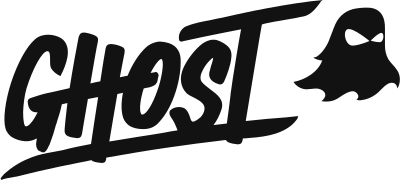
Sign up for alerts on our Ghost news page so you don't miss any news!
The lawsuit specifically targeted the prominent display of these candy brands on product packaging, claiming that the word "kids" in "Sour Patch Kids" suggested the drinks were suitable for children, despite containing 200mg of caffeine per can -- an amount the plaintiffs contended was unsafe for minors. GHOST and Mondelez both fought the case, each filing their own motions for dismissal.[2-6]
An Upstart Brand Becomes a Major Brand and Defends the Industry
Since Ghost first licensed Sour Patch Kids and Swedish Fish in Fall of 2018, the brand has experienced tremendous growth, and this isn't the first time they've been targeted for their marketing methods. As fans of the PricePlow Podcast know from our conversations with Ghost CEO Dan Lourenço in episodes #116: The Meteoric Rise of Ghost Energy and #143: Ghost Legend V4 and the Ghost 100 Year Plan, these licensing agreements have been crucial to Ghost's spectacular trajectory, culminating in the company's recent acquisition by Keurig Dr Pepper for $1.65 billion.
The Court's Ruling: Common Sense Prevails
After oral arguments were made on January 1, 2025.[7] Judge Martha M. Pacold of the U.S. District Court for the Northern District of Illinois granted the defendants' motions to dismiss all claims, delivering a resounding victory for both Ghost Beverages and Mondelez on March 25, 2025.[8]
In her ruling, Judge Pacold emphasized that "no reasonable consumer would interpret the placement of a 'Sour Patch Kids' logo on an energy drink to convey a message that the product is suitable for children."[8]
The court rejected the plaintiffs' core argument about the "kids" reference in "Sour Patch Kids", noting that "Sour Patch Kids is a household name for a popular candy brand. Consumers who come across a Sour Patch Kids-flavored product understand that the Sour Patch Kids logo refers to the Sour Patch Kids candy."[8]
Swedish Fish Aren't Derived From Real Fish, Are They?
In one of the most quotable passages from her ruling, the judge stated:[8]
"Just as no reasonable consumer would think that 'Swedish Fish' derives from real fish, or that 'Sugar Babies' are safe for infants, no reasonable consumer would attribute independent meaning to the word 'kids' isolating that word from the rest and ignoring the fact that 'Sour Patch Kids' refers to a well-known candy brand."[8]
Judge States Plaintiffs "Reading too much into the packaging"
The court found that the plaintiffs were simply "reading too much into the packaging."[8]
Broader Implications for the Industry
Judge Pacold's ruling established several important principles with significant implications for the food and beverage industry:
-
Trademark Licensing Liability - Licensing Candy Companies Not Liable
The court dismissed all claims against Mondelez (the owner of the candy brands), determining that merely licensing a trademark does not make a company liable for allegedly deceptive practices by the licensee.
-
Candy Branding Doesn't Equal "For Children"
The court explicitly recognized that "reasonable consumers understand that the marketplace includes candy-themed or candy-flavored food products that are not meant for children, such as candy-cane and cotton-candy-flavored liqueurs."[8]
-
Consumer Knowledge About Caffeine
The court acknowledged that "while reasonable consumers might not have a sophisticated understanding about the precise pharmacological effects of caffeine on children... reasonable consumers are aware that caffeine, 'the most utilized psychoactive stimulant worldwide' may pose certain negative health consequences when ingested by children."[8]
-
Clear Caffeine Disclosures Matter
The prominent display of caffeine content on Ghost's packaging was noted by the court as further evidence that consumers would not be misled about the nature of the product.
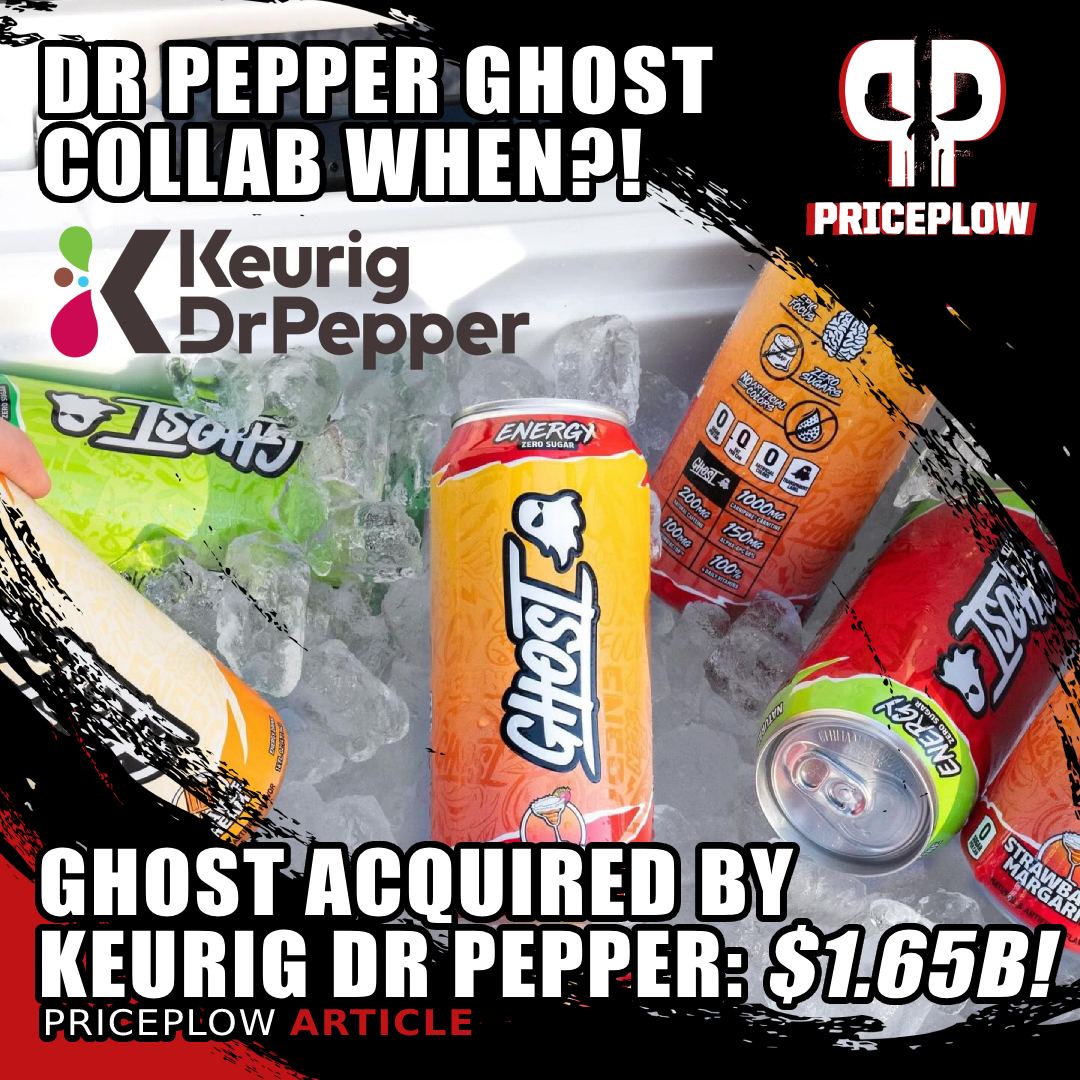
In a monumental turn of events, Ghost Lifestyle has been acquired by Keurig Dr Pepper in a deal worth $1.65 Billion Dollars! Our only question is, when's the Dr Pepper energy drink collab?!
Common Sense Judgment
Perhaps summarizing the court's perspective most succinctly, Judge Pacold noted that in consumer cases, "checking common sense at the door isn't required".[8]
What This Means for Ghost
This ruling represents a major victory for Ghost, removing a potential threat to one of its most successful marketing strategies. The company's trend-setting licensing partnerships with candy brands have helped it stand out in the crowded energy drink market, and this decision effectively validates that approach.
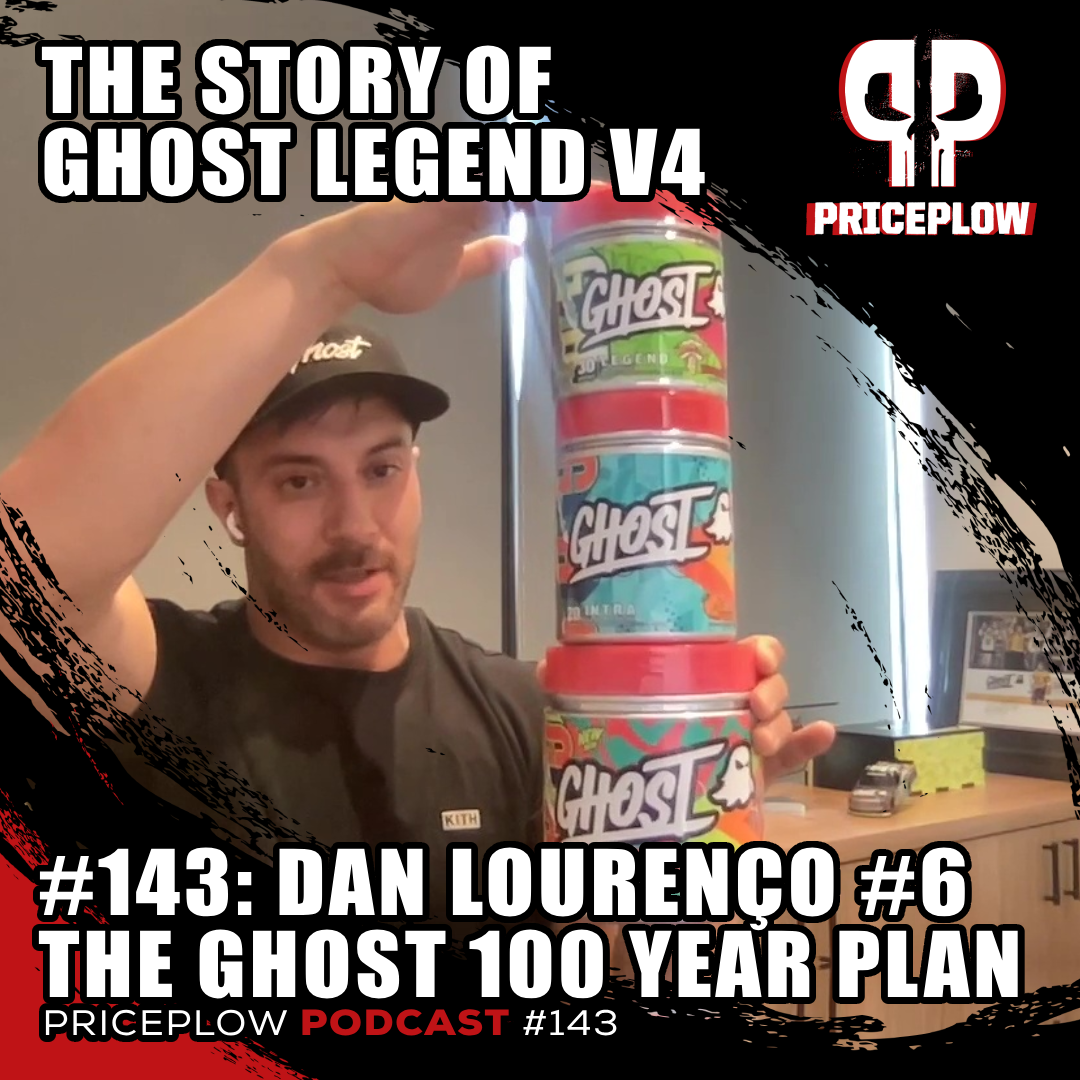
Dan Lourenço returns to the PricePlow Podcast for the sixth time to discuss the Legend V4 launch, the first half of 2024, and the Ghost 100 Year Plan in Episode 143
The court has given the plaintiffs until April 22, 2025, to file a motion for leave to file an amended complaint, but given the comprehensive nature of the dismissal, it seems unlikely that a revised complaint would fare much better.
For consumers who enjoy Ghost's candy-flavored energy drinks, this means these products should remain available in their current form for the foreseeable future. And for the broader supplement and beverage industry, the ruling provides valuable clarity about the legal boundaries of flavor licensing and branding.
As Ghost continues to grow under Keurig Dr Pepper's ownership, this legal victory eliminates one potential obstacle to the brand's ambitious expansion plans. For an industry that frequently uses flavor licensing to create exciting products, the court's common-sense approach to consumer expectations represents a welcome development.
Stay tuned to PricePlow for more up-to-date news on GHOST Lifestyle supplements and energy drinks -- you can sign up for our Ghost news in the widget below:
GHOST Energy Drink – Deals and Price Drop Alerts
Get Price Alerts
No spam, no scams.
Disclosure: PricePlow relies on pricing from stores with which we have a business relationship. We work hard to keep pricing current, but you may find a better offer.
Posts are sponsored in part by the retailers and/or brands listed on this page.
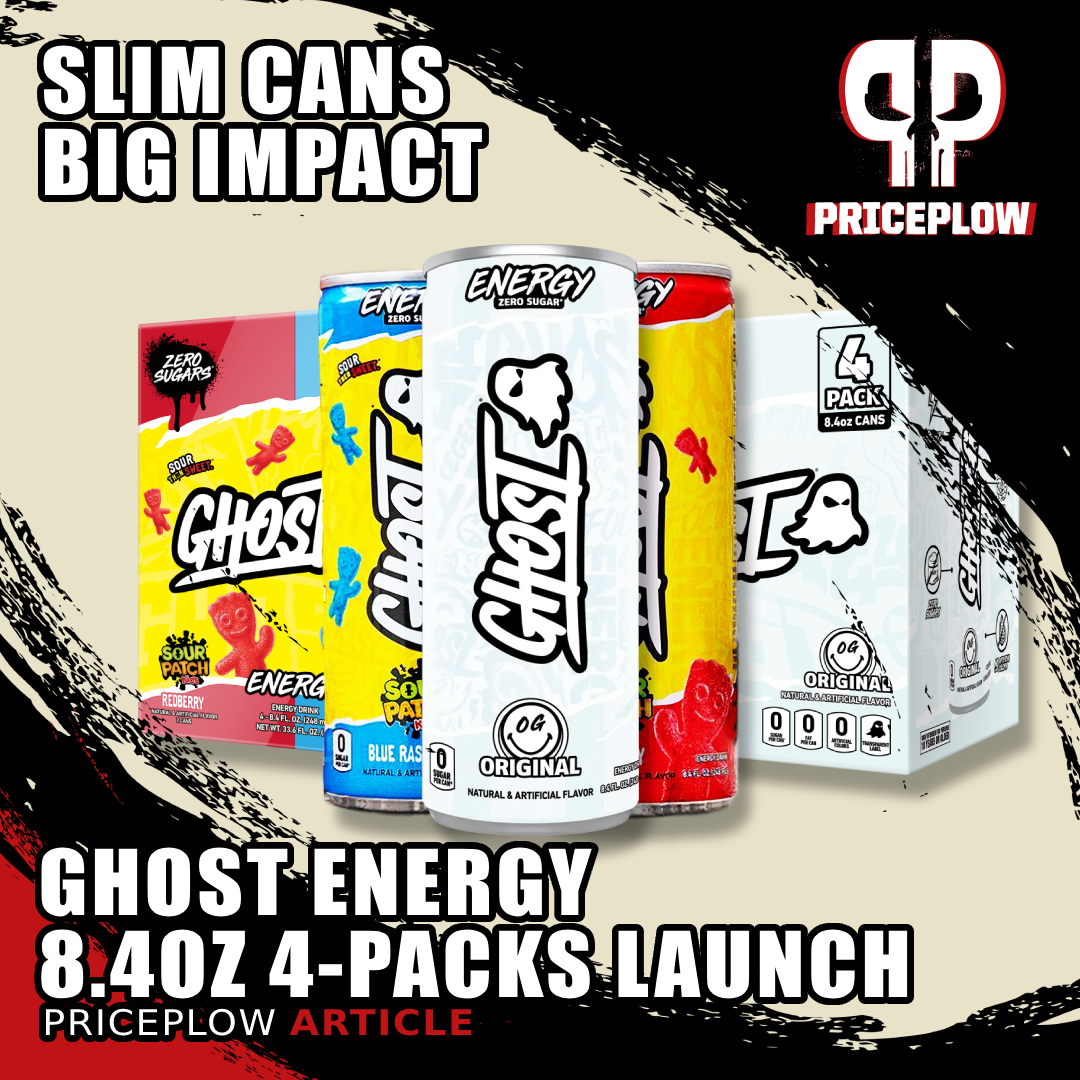


Comments and Discussion (Powered by the PricePlow Forum)